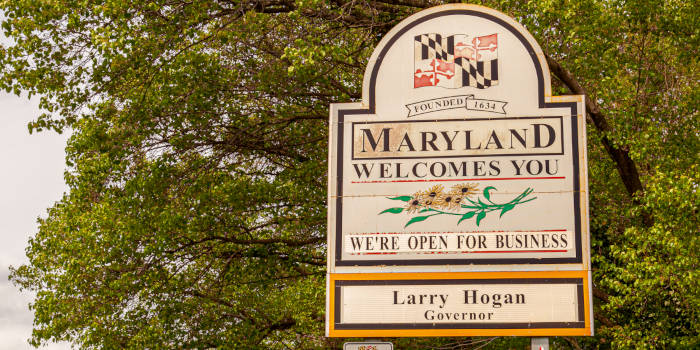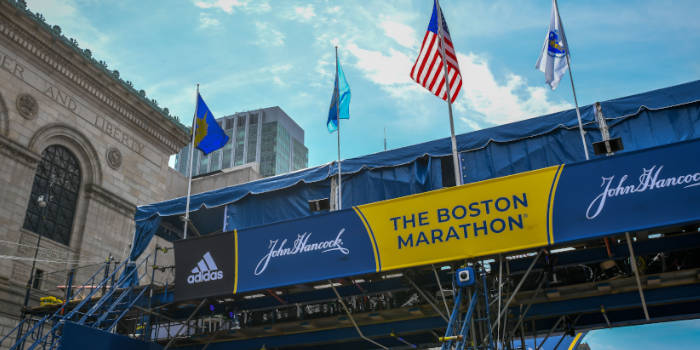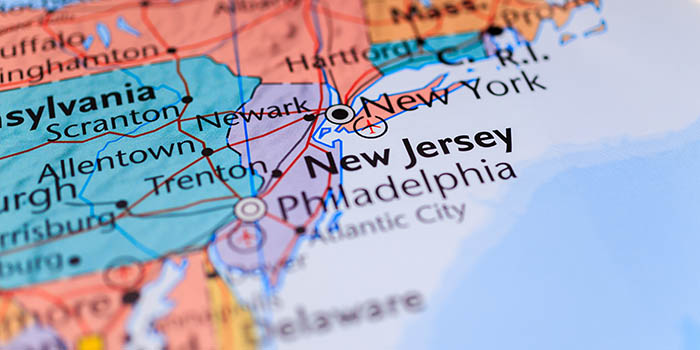Miami Beach Mayor Implores Federal Rejection of New Seminole Gambling Compact

Florida’s lawmakers may have been able to find a successful path for the new gaming compact with the Seminole Tribe of Florida, but whether it survives federal scrutiny still remains to be seen. Several controversial measures included in the new agreement, including the possibility of a casino being built in Miami, haven’t been received well by many people and legal challenges were to be expected. As the Bureau of Indian Affairs at the Department of the Interior (DoI) reviews the compact, the mayor of Miami Beach wants to make sure the members of the bureau understand the level of opposition to the agreement before the Bureau renders its final decision.
Miami Beach Against the Gaming Compact
According to a report by the Tampa Bay Times, Miami Beach mayor Dan Gelber penned a letter to the DoI, urging it not to approve the gaming compact. He referred to it as a “tortured artifice” based on an illegal premise that gambling can be expanded in the state at the government’s whim. He adds that the compact is in direct violation of both state and federal laws. In 2018, Florida voters approved Amendment 3 at the polls, putting the future of the state’s gambling industry firmly in their hands.
Amendment 3 states that any new commercial gaming efforts have to be approved by voters and cannot be decided by the state government. Because the Seminole gaming compact, approved by Florida lawmakers late last month, gives the tribe virtual autonomous control of sports gambling in exchange for the rights to have a commercial casino in Miami-Dade County, just a short distance from the Seminole Hard Rock Hotel & Casino Hollywood, Mayor Gelber feels that the agreement goes against the Florida Constitution.
Gelber, who sent his letter to DoI Secretary Deb Haaland yesterday, isn’t opposed to a new gaming compact being drafted or implemented and emphasizes that he supports the efforts the federal government provides to all tribes. However, he asserts that the compact is not consistent with those efforts and wants the Bureau to take action to stop the agreement in its tracks. The DoI has until July 9 to issue its decision.
State Officials At Odds
Gelber and Governor Ron DeSantis are butting heads over the compact. DeSantis was in Biscayne Bay in Miami yesterday to publicize the creation of a new Biscayne Bay commission and was asked for his opinion on the mayor’s position. He called it “ridiculous” and an example of “partisan politicians” using politics to further their agendas, instead of working for the betterment of the people. DeSantis is a Republican, while Gelber is a Democrat.
Legal challenges were expected to emerge even before the gaming compact was approved. Gelber, a former attorney, believes the agreement’s language is trying to circumvent policy to find approval, and this is going to be one of the major points the DoI has to consider. The compact allows the tribe to run the state’s sports gambling operations from its native land, but to have sportsbooks at horse tracks, card rooms and other locations across the state. This hub and spoke model would find the servers located on the tribal property, while the activity would be taking place elsewhere.
According to the Indian Gaming Regulatory Act (IGRA), gaming activity conducted by tribes can only take place on tribal property. The IGRA gives the DoI the authority to approve or reject a gaming compact if it is in violation of either the act or federal law, and it now seems that Florida may not be as close to introducing sports gambling as once thought.
Erik brings his unique writing talents and storytelling flare to cover a wide range of gambling topics. He has written for a number of industry-related publications over the years, providing insight into the constantly evolving world of gaming. A huge sports fan, he especially enjoys football and anything related to sports gambling. Erik is particularly interested in seeing how sports gambling and online gaming are transforming the larger gaming ecosystem.














